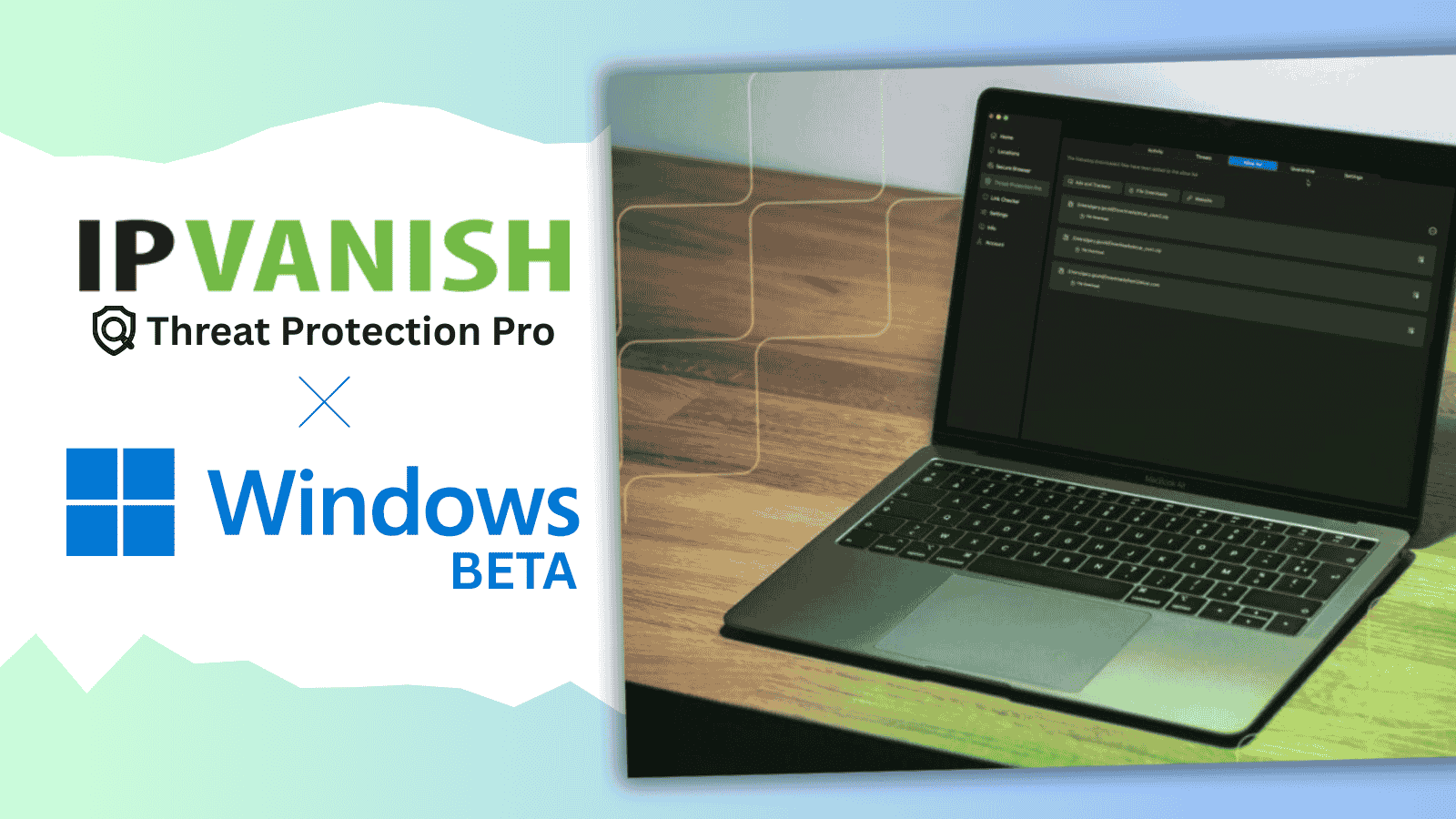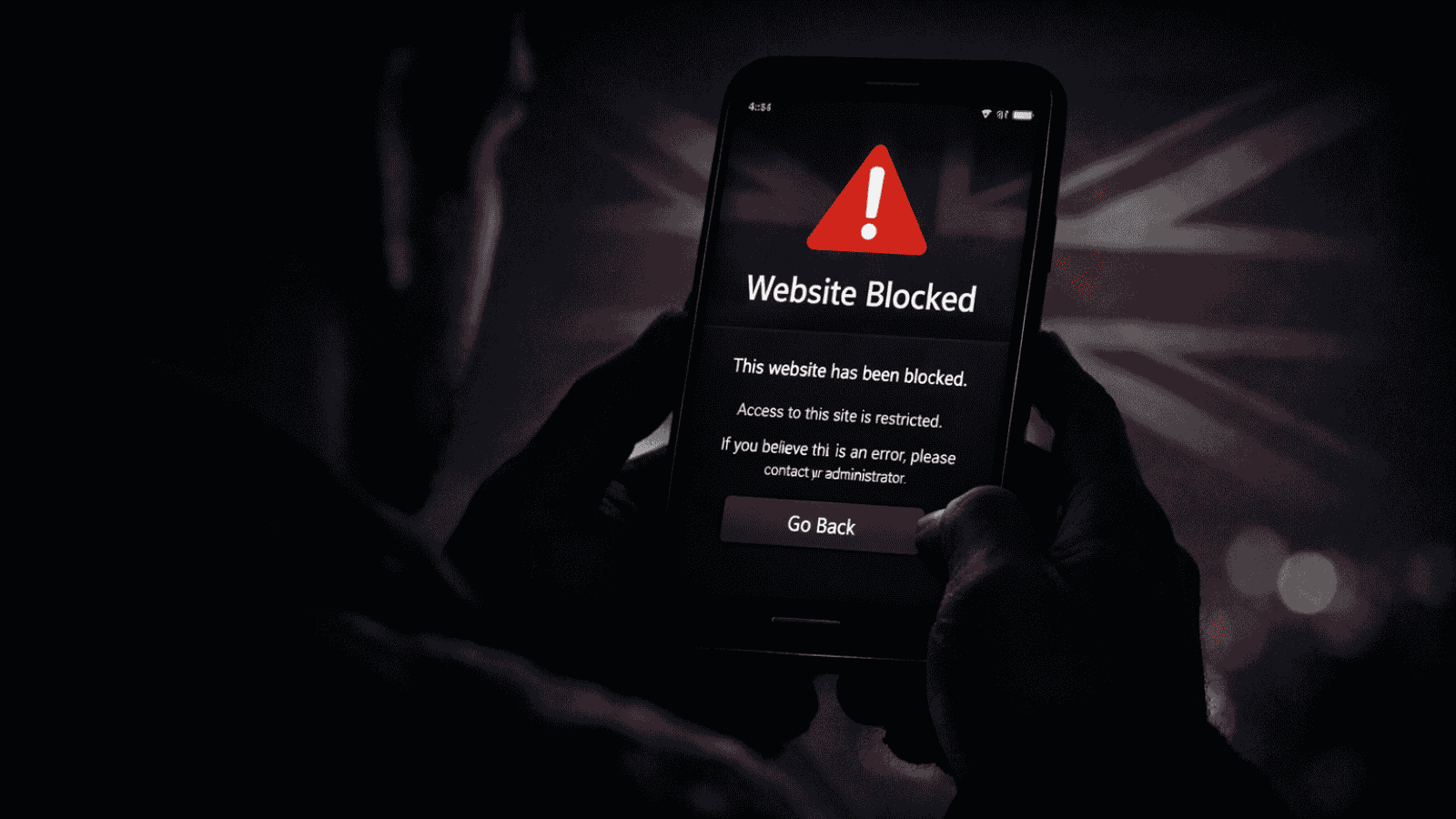
Free VPN: Windscribe Blocks JET VPN Again Over Server Misuse, App Store Boosting, and Alleged Switch to PIA
- Blocked Again: Windscribe blocked JET VPN again for abusing its VPN infrastructure
- Google Abuse: Windscribe flagged fake reviews and account misuse on Google Play
- The Switch: The app reportedly shifted to using Private Internet Access (PIA) servers
After Windscribe discovered and blocked JET VPN for hijacking its infrastructure, the app came back twice. Windscribe, the Canadian VPN service, found its service being misused and took swift action to curb the misuse.
TechNadu previously reported on Windscribe’s initial discovery of JET VPN’s backend hijack and its response to unauthorized infrastructure use.
We asked Yegor Sak, the CEO and Co-Founder of Windscribe, for his response and he shared, “How they do it is very simple, they buy a bunch of Windscribe accounts, and then mass-share them using their own app by distributing OpenVPN credentials.”
Expressing his thoughts, Sak added, “This is something we discovered while doing app store audits, and finding shady VPNs that nobody heard of before in the top lists, and this is not the first time this happened.”
Concerns Related to Google Play Store
Windscribe highlighted unusual activity on the Play Store, noting that JET VPN’s download and rating patterns appeared inconsistent with its user base.
Despite having fewer than 100 actual users, the app received hundreds of five-star ratings overnight, shortly after it had been taken offline due to the account ban.
"Those people must really love the UI or something," the company quipped on X. Addressing Google’s review process, Sak said, “Google has a serious problem on their hands with quality control, as well as obvious use of bots to mass-install and mass-review shady apps to get them into the top 10 lists.”
He further pointed out to red flags suggesting JET VPN may be a scam, noting that the app holds a 5.0 rating, over 5,000 votes, and zero written reviews, which clearly indicates that something does not add up.
Windscribe has reported the issue to Google, though the team notes that similar reports have yielded unsatisfactory results.
What Windscribe Found During Internal Audits
They discovered that the APK name had been reused from an old photo app, which was later repurposed into a VPN.
Windscribe clarified how JET VPN initially connected to its infrastructure, stating that the operators stole an existing Windscribe account and used its credentials to authenticate access. While the account was automatically flagged by Windscribe’s systems about three days earlier, it had not yet been actioned, likely because the activity volume was low.
"JET VPN has very few users, so it wasn’t a major red flag,” Windscribe explained in a post addressing public questions about the unauthorized access.
Reassuring Windscribe users, Sak emphasized that the server abuse does not affect any Windscribe users, as JET VPN was misusing its own paid accounts. He also noted that, at the time of his response, JET VPN appeared to have switched to using Private Internet Access (PIA), and possibly other VPN providers.
After Windscribe, PIA Reportedly is the New Target
The situation with JET VPN suggests that bad actors may be repackaging stolen or bulk-acquired VPN accounts into standalone services. This approach allegedly allows them to build entire products on top of established VPN infrastructure without authorization, licensing, or oversight.
After Windscribe blocked access, the operators behind JET VPN reportedly began using Private Internet Access (PIA) as their new backend.
“JET VPN leeching update! (They're still leeching) After we banned them, they came back with another account to continue. We banned that one too. After that they decided to use Private Internet Access VPN servers instead,” a Windscribe update added.
Responding to a user comment, a post read, “They didn’t pay us, didn’t ask us, just took someone’s account and built a whole VPN app around it.
Alert for JET VPN Users
For users of JET VPN or similar lookalike apps, the implications are serious. The app reportedly routed all user traffic through a single Windscribe account and may now be doing the same with other providers.
This could mean that encryption, logging, and identity protection guarantees that users rely on may not apply at all.
Free VPN: An Illusion?
Users should be cautious of free VPN apps trending on the Play Store and app charts. Providing secure and reliable services requires infrastructure and investment that may not be feasible for platforms offering a free model.
With no clear privacy policy, anonymous developers, recycled app names, and inflated ratings, it’s clear that something is amiss. Legitimate VPN services offer transparency about their infrastructure, encryption practices, and business models. If none of this is visible or on their website, or if the app has no website, users may unknowingly be entrusting their internet activity to an unvetted intermediary.














